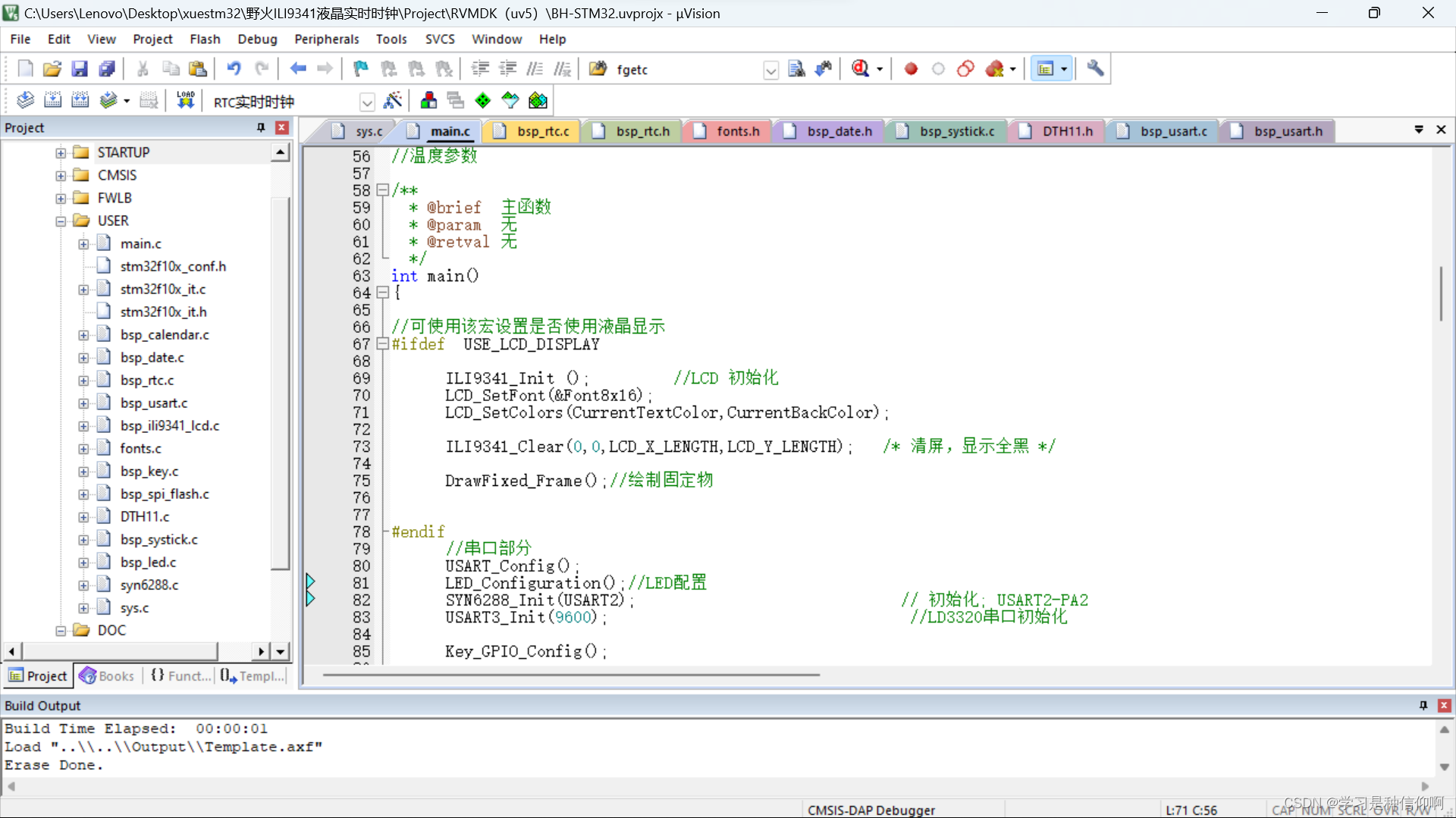2.py(创建随机命名的文件)
#!/usr/bin/env python# -*- coding: UTF-8 -*-########################################Describe:生成随机字符串命名的文件#Date:2018-12-18#Usage:2.py file_count#file_count is the quantity of files##############...
·
#!/usr/bin/env python
# -*- coding: UTF-8 -*-
#######################################
#Describe:生成随机字符串命名的文件
#Date:2018-12-18
#Usage:2.py file_count
#file_count is the quantity of files
#######################################
import random
import string
import sys
import time
import os
STR=[chr(i) for i in range(65,91)]
str=[chr(i) for i in range(97,123)]
num=[chr(i) for i in range(48,58)]
special=[]
initspecial=string.punctuation #string.punctuation可以获取全部特殊字符,输出为字符串形式
for i in initspecial:
special.append(i)
total=STR+str+num+special #total即为包含大小写字母,数字,特殊字符的列表
def mkfile(lenth):
file_prefix_list=random.sample(total,int(lenth))
file_prefix=''.join(file_prefix_list)
now=time.strftime('%Y%m%d')
filename='.'.join([file_prefix,now,'txt'])
os.mknod(filename)
if __name__ == '__main__':
num=sys.argv[1]
if len(sys.argv[1:])<>1:
exit('Exit:please input only one parm')
if not num.isdigit():
exit('Exit:The parm can only be Numbers')
if int(num)<1:
exit('Exit:The parm has to be greater than 1')
for i in range(int(num)):
mkfile(5)
random用法,range用法,join用法
更多推荐
 已为社区贡献4条内容
已为社区贡献4条内容








所有评论(0)